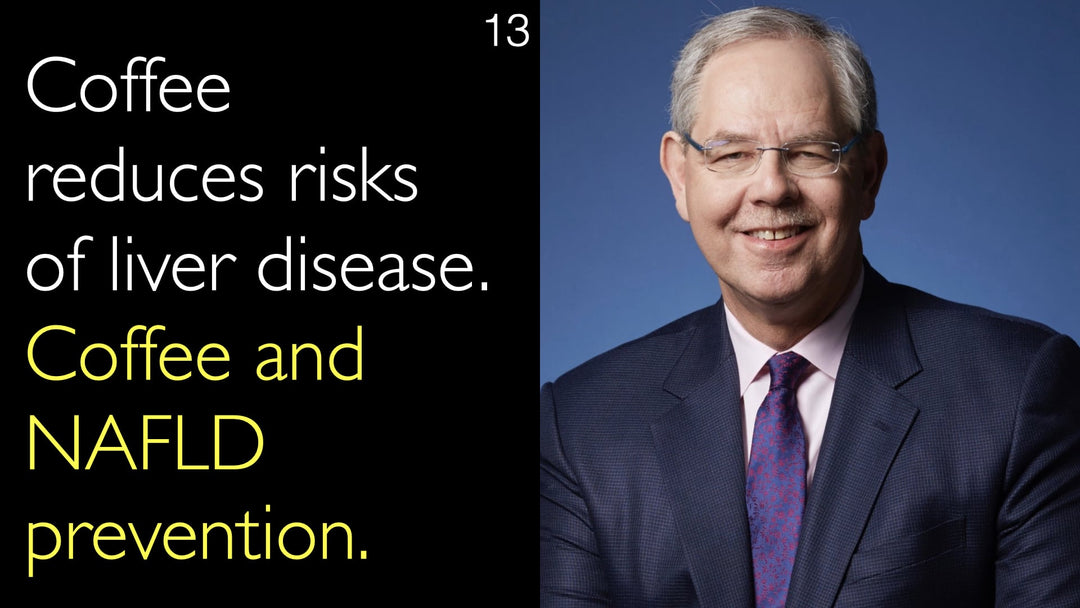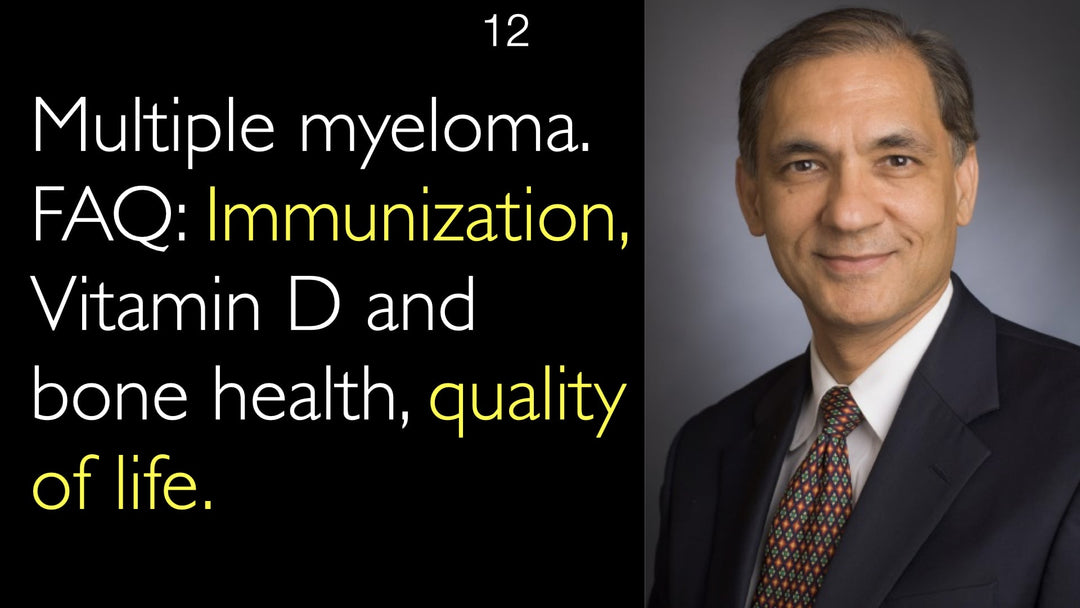מומחה מוביל בתחום מחלות הכבד, ד"ר סקוט פרידמן, MD, מסביר כיצד צריכת קפה מפחיתה את הסיכון למחלת כבד. הוא דן בנתונים אפידמיולוגיים משכנעים המצביעים על השפעה מגנה מצריכה קבועה של קפה. ד"ר פרידמן מבהיר כי היתרון ככל הנראה נובע ממרכיב שאינו קפאין. הוא מייעץ כי עד שלוש כוסות ביום יכולות להיות חלק מתזונה מועילה לבריאות הכבד. עם זאת, קפה אינו מרפא וחולים עדיין צריכים לפנות לטיפול רפואי.
צריכת קפה ומניעת מחלות כבד: מנגנונים ויתרונות
קפיצה לפרק
- קפה והפחתת הסיכון למחלות כבד
- עדויות אפידמיולוגיות לקפה
- רכיב פעיל בקפה
- המלצות קליניות לצריכת קפה
- קפה כתוסף, לא כתרופה
- תמלול מלא
קפה והפחתת הסיכון למחלות כבד
ד"ר סקוט פרידמן, MD, מאשר כי צריכת קפה קבועה קשורה בסיכון מופחת למחלות כבד. ממצא זה מבוסס על ניתוח מעמיק של מחקרי אוכלוסייה גדולים. הקשר בין שתיית קפה לתוצאות בריאות כבד טובות יותר מבוסס היטב בספרות הרפואית.
ד"ר סקוט פרידמן, MD, מדגיש כי אלו חדשות טובות לשותי הקפה. האפקט המגן הוא מסקנה עקבית across multiple research efforts.
עדויות אפידמיולוגיות לקפה
הנתונים האפידמיולוגיים התומכים ביתרונות הקפה לכבד מתוארים כמאוד משכנעים על ידי ד"ר סקוט פרידמן, MD. מחקרים אלה בוחנים אוכלוסיות רחבות לאורך זמן, ועוקבים אחר צריכת קפה ושיעור מחלות הכבד. התוצאות מראות קשר ברור ומרשים שתפס את תשומת לבם של hepatologists.
ד"ר אנטון טיטוב, MD, מדגיש סקירה גדולה בנושא זה שפורסמה ב-New England Journal of Medicine. זה מדגיש את החשיבות של הממצאים within the medical community.
רכיב פעיל בקפה
ד"ר סקוט פרידמן, MD, מציין כי האפקט המגן על הכבד אינו נובע רק מקפאין. בעוד שהיתרון generally associated with caffeinated coffee over decaffeinated, הרכיב המגן המדויק remains unknown. חוקרים actively working to identify which specific compound or compounds in coffee are responsible for reducing liver injury.
תעלומה זו מוסיפה layer מעניין למדע התזונה ולמחקר חילוף החומרים בכבד. הבנת המנגנון could lead to further therapeutic insights.
המלצות קליניות לצריכת קפה
Based on the evidence, ד"ר סקוט פרידמן, MD, offers reasonable clinical advice. מטופלים עם מחלת כבד who already drink coffee should not be inhibited from doing so. For those who do not drink coffee but enjoy it, starting consumption may be beneficial.
He suggests that up to three cups of coffee per day is probably somewhat protective. However, ד"ר פרידמן also cautions that individuals should always speak with their doctor, as caffeinated coffee can raise pulse rate and may not be suitable for everyone.
קפה כתוסף, לא כתרופה
ד"ר סקוט פרידמן, MD, is very clear that coffee will not cure liver disease by itself. It is a small component of a beneficial diet that may reduce liver injury risk. Patients should not avoid seeing a doctor under the assumption that drinking coffee alone will keep them fine.
This perspective is crucial for maintaining proper medical care. ד"ר אנטון טיטוב, MD, and ד"ר סקוט פרידמן, MD, agree that coffee is a supplement to, not a replacement for, professional medical treatment and healthy lifestyle choices.
תמלול מלא
ד"ר אנטון טיטוב, MD: What do you think about the effects of coffee on liver metabolism? Is there a sizable effect? There's been a review on coffee in the New England Journal of Medicine.
What's your general view?
ד"ר סקוט פרידמן, MD: Here's the good news I've got as an avid coffee drinker. I'm pleased to tell you that many studies are now looking at large populations and correlating the risk of liver disease with coffee consumption. They have come to the consistent conclusion that regular coffee consumption reduces the risk of liver disease.
It's amazing that the epidemiological data is very compelling. And it's not simply the caffeine in the coffee; it's probably some other element of the coffee. But it is generally caffeinated more than decaffeinated coffee.
We don't know what it is from within that coffee that is protecting the liver. But it's certainly reasonable advice for our liver disease patients that if they drink coffee, they shouldn't be inhibited about it.
Probably up to three cups a day is somewhat protective. If they haven't tried drinking coffee and they like it, they should go ahead and drink coffee because there is this very impressive correlation between chronic or long-term coffee drinking and a lower risk of liver disease.
Coffee will not cure liver disease by itself. So it's not like patients should avoid going to the doctor and just drink coffee and assume they're going to be fine.
But overall, it does seem to be a small component of a beneficial diet, at least in terms of the coffee that may reduce liver injury. Now coffee has other effects as well; certainly caffeinated coffee can raise the pulse.
So it's always prudent to speak to one's doctor about their coffee consumption. But the epidemiological data is actually pretty impressive.






